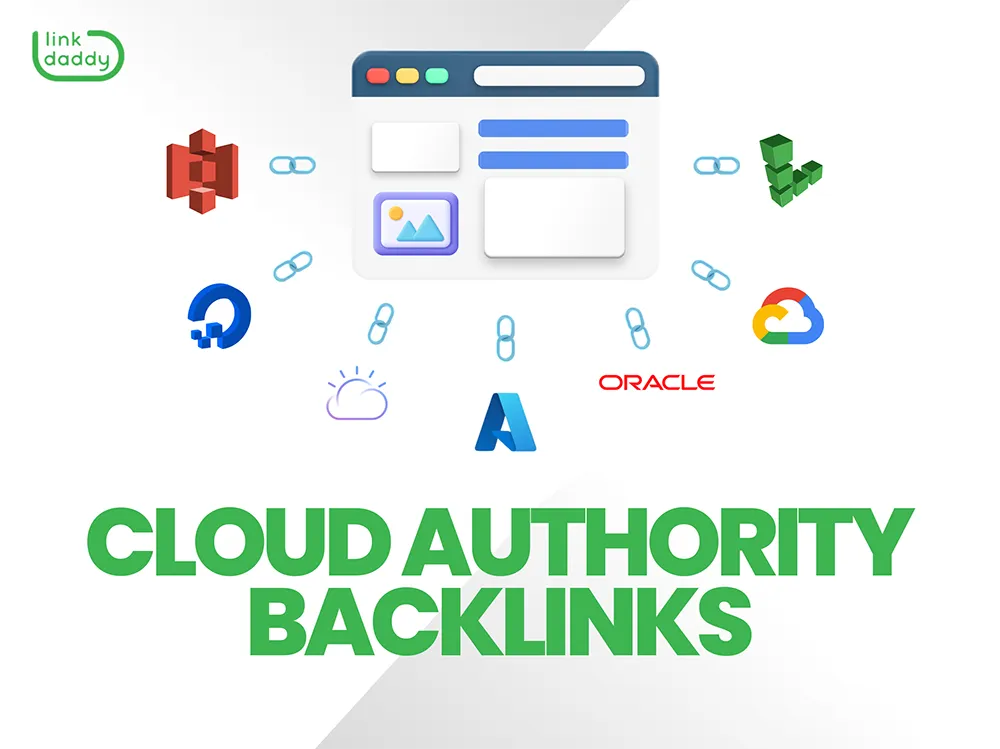Recognizing the Different Kinds Of Cloud Providers and Their Uses
From Facilities as a Solution (IaaS) to Software Application as a Service (SaaS), each type of cloud service serves an unique objective and gives distinctive benefits. By discovering the nuanced capabilities and applications of each cloud solution, one can browse the intricacies of cloud computing with precision and foresight.
Infrastructure as a Solution (IaaS)
Framework as a Solution (IaaS) supplies individuals with virtualized computing resources online on a pay-as-you-go basis. This cloud computing model delivers vital IT facilities such as virtual devices, storage, and networking without the need for companies to purchase and handle physical servers and data centers. With IaaS, users can scale sources up or down based on their requirements, offering flexibility and cost-efficiency.
Among the vital advantages of IaaS is its capacity to swiftly stipulation and deploy facilities elements, making it possible for businesses to respond rapidly to altering needs and market conditions. By outsourcing facilities management to the service copyright, organizations can focus extra on their core company activities instead of managing the intricacies of hardware upkeep and upgrades.
In addition, IaaS supplies a high degree of reliability and protection, with carriers usually offering durable data back-up, disaster healing, and cybersecurity steps. This aids guarantee that critical service operations continue to be uninterrupted and data remains protected versus possible risks. cloud services press release. Overall, Facilities as a Solution streamlines IT operations, boosts scalability, and reduces funding expenses for organizations of all sizes
Platform as a Solution (PaaS)
Structure upon the structure of Framework as a Solution (IaaS), System as a Solution (PaaS) supplies a thorough setting for developers to create, deploy, and manage applications without the complexities of underlying infrastructure management. PaaS offers a platform with tools and services that improve the advancement process, enabling designers to concentrate on writing code and building applications rather than managing framework problems.

Software Program as a Service (SaaS)
Software Program as a Solution (SaaS) revolutionizes the way services gain access to and utilize software application applications by offering them on a registration basis via cloud suppliers. This cloud computing design removes the need for companies to install and preserve software program on individual gadgets, as every little thing is hosted and taken care of centrally in the cloud.
SaaS offers a cost-efficient remedy for businesses as they just pay for the software application they make use of without the added expenditures of equipment maintenance or software application updates. It likewise supplies scalability, allowing companies to quickly readjust their software program requirements based on their needs.
Additionally, SaaS applications can be accessed from any kind of tool with an internet connection, promoting partnership and versatility amongst remote groups. Protection is a leading concern in SaaS, with companies carrying out durable procedures to shield information saved in the cloud.
Popular instances of SaaS consist of customer relationship management (CRM) software application like why not find out more Salesforce, efficiency tools like Microsoft Office 365, and partnership platforms like Google Office. SaaS remains to check get grip in the service globe because of its scalability, cost-efficiency, and benefit.
Function as a Service (FaaS)
With the evolution of cloud services like Software as a Service (SaaS) improving software application distribution, Feature as a Solution (FaaS) stands for a standard change in exactly how code is executed in a serverless environment. FaaS permits programmers to write and execute individual functions or items of code in feedback to details occasions without the demand to handle the infrastructure. This serverless computing model makes it possible for designers to concentrate exclusively on composing code to carry out certain capabilities, without concerning themselves with the underlying framework or web server monitoring.
Functions are carried out in stateless containers that are rotated up and down as needed, making certain ideal source utilization and cost-effectiveness. By abstracting the framework layer, FaaS simplifies advancement, increases time to market, and enhances overall dexterity in releasing cloud-native applications.
Storage as a Service (STaaS)
An essential part in cloud computing, Storage as a Solution (STaaS) gives users with a reliable and scalable solution for handling information storage space needs. STaaS permits organizations to keep and retrieve data from remote servers by means of the net, eliminating the requirement for on-premises equipment. This solution more information supplies versatility by making it possible for users to pay only for the storage space they make use of, making it an affordable service for services of all dimensions.

STaaS is particularly helpful for organizations with varying storage space needs, as it provides a safe and reliable storage space solution without the need for substantial ahead of time investments. By leveraging STaaS, organizations can improve their data administration processes, improve access, and improve data safety in a cost-efficient fashion.

Final Thought
In final thought, recognizing the various types of cloud services and their uses is necessary for organizations and individuals looking to take advantage of the advantages of cloud computer. By using the appropriate cloud solution, companies can boost their efficiency, scalability, and flexibility in managing their IT infrastructure and applications.
From Infrastructure as a Service (IaaS) to Software Application as a Service (SaaS), each type of cloud service serves a distinct function and supplies unique benefits. Cloud Services. By checking out the nuanced performances and applications of each cloud service, one can navigate the complexities of cloud computing with accuracy and insight
With the advancement of cloud solutions like Software application as a Service (SaaS) improving software delivery, Feature as a Solution (FaaS) represents a paradigm shift in exactly how code is carried out in a serverless atmosphere.In conclusion, understanding the various kinds of cloud services and their uses is essential for businesses and people looking to leverage the advantages of cloud computing. By utilizing the appropriate cloud solution, organizations can enhance their performance, scalability, and versatility in managing their IT framework and applications.